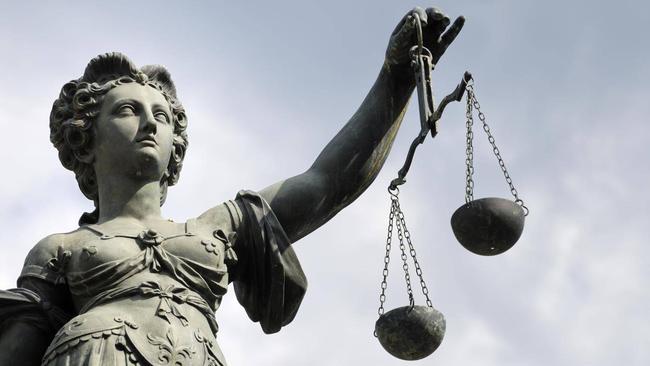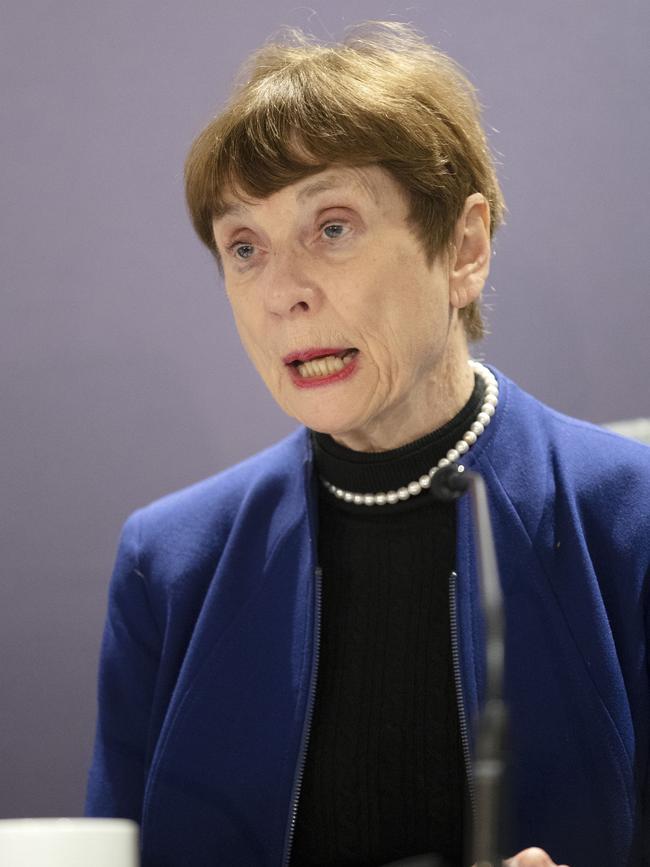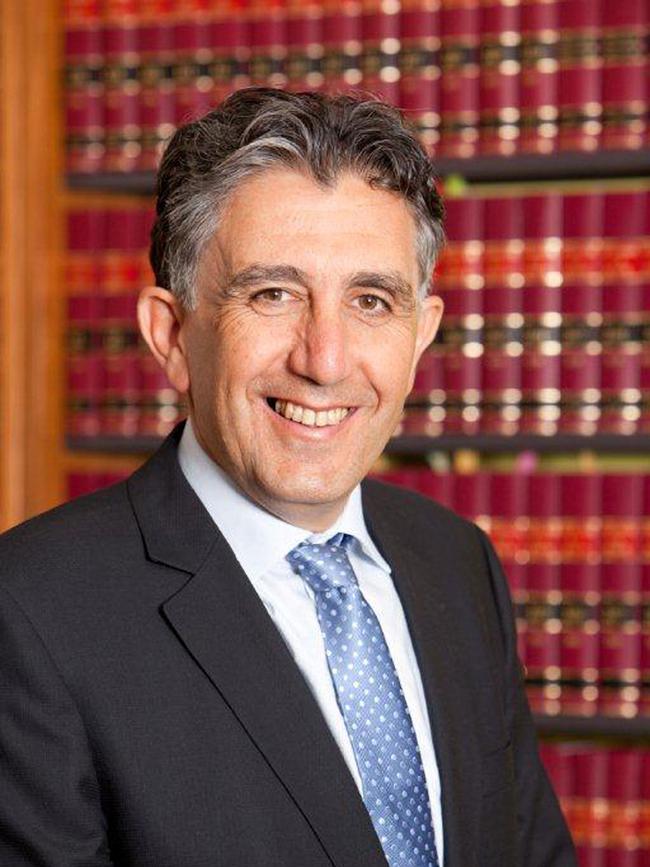Warning on #MeToo redo: ‘presumption of innocence must stand’, says Law Council
Australia’s peak legal body is challenging a movement to reshape the administration of rape trials in the wake of #MeToo, declaring the presumption of innocence and the rule of law must remain sacrosanct.

Australia’s peak legal body is challenging a movement to reshape the administration of rape trials in the wake of #MeToo, declaring that the presumption of innocence and the rule of law must remain sacrosanct, as the country’s law reform commission looks to overhaul legal frameworks governing sexual violence.
In extraordinary comments amid a Labor-led push to improve outcomes for rape victims, the Law Council of Australia says that, while some fundamental principles underpinning the criminal justice system may have “some impact” on complainants, any reforms must protect critical rights of defendants.
The Law Council, in its submission to the Australian Law Reform Commission inquiry into justice responses to sexual violence, proposed reforms including better funding community legal services and implementing “early intervention strategies and services” including consent education.
“All law reform proposals must be carefully considered and critically evaluated to ensure they do not undermine key safeguards of the criminal justice system,” the submission reads.
“The presumption of innocence, the right to silence, the right to a trial by jury, the burden of proof resting on the prosecution, and the criminal standard of proof (beyond reasonable doubt) are all essential to the integrity of the criminal justice system.”
Other submissions tendered to the inquiry, predominantly written by sexual assault advocacies, have called for a “civil” approach to rape cases – with a different standard of proof – to be introduced, and a crackdown on “inappropriate” defence questioning.
There have also been suggestions that “bad character” evidence relating to a defendant, such as the fact that they are a heavy drinker or use illicit drugs, could be admitted, and an accused person’s right to silence be “reviewed”.
Some members of a “lived-experience” sexual assault advisory group set up by Attorney-General Mark Dreyfus to speak directly with the commissioners of the inquiry have also called for prerecorded evidence for complainants to be allowed, and for the introduction of specialist sexual assault courts.
The Law Council – representing all state and territory bar associations and law societies, and advocating for more than 100,000 lawyers across the country – said that, while protecting the presumption of innocence might “have some impact upon complainants”, it is “a cornerstone of our criminal justice system” that should not be diminished.
“The criminal justice system was developed at a time when the impacts of trauma upon complainants and victim-survivors were not well understood,” the submission reads. “Improved understandings of the impacts of trauma require that trauma-informed practices and principles are embedded within the court system, legal profession and police practices.
“The criminal justice system has a responsibility to protect the fundamental rights of an accused person. There is also a responsibility – however complex this may be – for justice systems in each Australian jurisdiction to better support complainants and victim-survivors whilst upholding fundamental criminal justice principles to ensure a fair trial.”
Two long-term judges presiding over the review – Australian Law Reform Commission president Mordecai Bromberg and part-time commissioner Marcia Neave – said in June the inquiry would investigate the “non-engagement” of rape victims with criminal solutions, and examine whether alternative civil remedies could bring them justice.


The Law Council said it supported “strengthened access to alternative pathways to the criminal justice system including restorative justice and civil compensation”.
In a statement accompanying the submission, it affirmed the “importance of adopting an approach that centres on the experience of complainants and victim-survivors”.
It also said it held “grave concerns” about “the persistent inadequate funding” of legal aid services, and supported “the operation of support services and other initiatives that assist victims navigate and understand the criminal justice system and mitigate re-traumatisation”.
“We consider that victim-survivors and complainants are more likely to be re-traumatised and to experience adverse impacts resulting from unmet legal needs in the context of a chronically underfunded justice system,” the submission reads.
One of the Law Council’s core focuses is on “early-intervention strategies and services” including consent education, family support services, behavioural-change programs for offenders, and “fully resourced representation for complainants and victim-survivors at certain stages of the criminal process”.
In regards to “inappropriate” defence questioning, the Law Council “generally considers existing safeguards, for example, rules with respect to disallowable questions, to be adequate”.
“However there is scope to continually improve the application of such rules,” the submission reads.
“The Law Council notes that a primary function of the trial judge is to control questioning that could jeopardise a fair trial and that their judicial authority, independent of objections raised by counsel, requires them to ensure that counsel observe accepted standards in the manner in which evidence is elicited.”
The Law Council said it did not support prerecorded evidence for adult sexual-assault complainants becoming the norm, saying it could cause delays and be ineffective. However, it acknowledged that prerecording evidence could “reduce the re-traumatisation of vulnerable persons” by ensuring they do not have to give evidence multiple times.
The Law Council does not support the introduction of specialist sexual assault courts, saying it could “exacerbate existing disparities” for people who live outside metropolitan areas, and could “create significant risks of ‘burnout’ and trauma for staff consistently working in such courts”.
“Instead, we support greater focus on raising standards of trauma-informed and culturally safe practices across all criminal courts,” the submission reads.






To join the conversation, please log in. Don't have an account? Register
Join the conversation, you are commenting as Logout